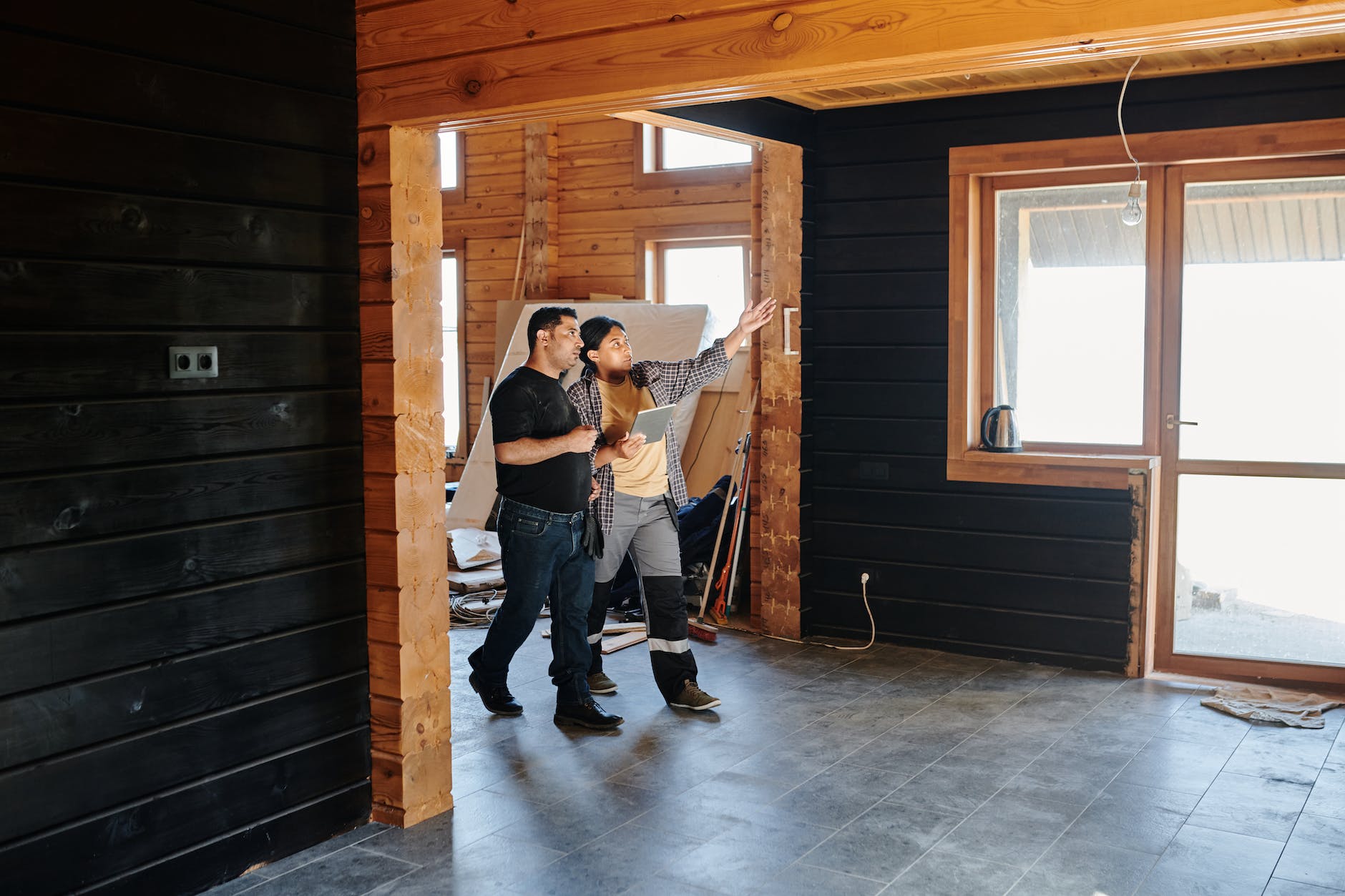When it comes to home improvement projects, hiring a contractor is often a necessity. However, disputes can arise, leaving homeowners confused and frustrated. Here are some frequently asked questions about contractor disputes in Pennsylvania, addressing your concerns step by step.
1. Did the Contractor Do Any Work at All?
The first question to ask is whether the contractor performed any work. If no work was done, this raises concerns about the contractor’s commitment and reliability. Homeowners should document any payments made and communication attempts.
2. What Constitutes a Contractor Dispute?
Contractor disputes encompass various issues such as subpar work quality, project delays, budget overruns, and breach of contract. It’s crucial to define the problem clearly.
3. Understanding the Contract Terms
Review the contract thoroughly. Understanding the terms, including payment schedules, project timeline, and specific work descriptions, is vital. Disputes often stem from misunderstandings or vague contract language.
4. Handling Subpar Work Quality
If the work quality is below your expectations, address it promptly. Take pictures, make notes, and communicate your concerns to the contractor. They might be willing to rectify the issues.
5. Dealing with Project Delays
Delays can be frustrating. Evaluate the reasons for the delay. Weather conditions, unforeseen structural issues, or material shortages might contribute. Open communication with the contractor is key to managing expectations.
6. Addressing Budget Overruns
Staying within budget is crucial. If costs exceed the estimate, discuss it with the contractor immediately. Request detailed explanations for the additional expenses. Transparency is vital in resolving budget-related disputes.
7. Breach of Contract – What to Do?
If the contractor breaches the contract terms, legal action might be necessary. Consult a lawyer experienced in construction law to understand your rights and options. Proper documentation of the breach is crucial for legal proceedings.
8. Mediation and Arbitration
Consider mediation or arbitration before heading to court. These alternative dispute resolution methods can save time and money. An unbiased mediator can facilitate negotiations, aiming for a mutually agreeable solution.
9. Checking the Contractor’s License and Insurance
Ensure the contractor is licensed and insured. Licensed professionals adhere to industry standards, and insurance protects both parties in case of accidents or damages during the project.
10. Researching the Contractor’s Reputation
Prioritize contractors with positive reviews and testimonials. Research their reputation online and ask for references. A reputable contractor is less likely to cause disputes, ensuring a smoother project experience.
11. Reviewing Payment Disputes
Payment disputes often arise due to incomplete work or unsatisfactory results. Withhold payment until the issues are resolved. Discuss payment concerns with the contractor, ensuring clarity on the outstanding work.
12. Document Everything
Keep detailed records of all interactions, including emails, texts, and project-related documents. Proper documentation strengthens your position in case of a dispute and provides evidence for legal proceedings if necessary.
13. Seeking Legal Advice
If disputes escalate and communication breaks down, consult an attorney specializing in construction disputes. Legal advice is invaluable in understanding your rights and navigating the complexities of contractor disputes.
14. Understanding Small Claims Court
For disputes involving smaller amounts, consider filing a case in small claims court. It’s a cost-effective way to resolve issues without the need for extensive legal proceedings.
15. Learning from the Experience
Regardless of the dispute’s outcome, learn from the experience. Understand your rights, communicate effectively, and conduct thorough research before hiring a contractor for future projects.
In conclusion, handling contractor disputes in Pennsylvania requires a combination of clear communication, thorough documentation, and understanding your rights as a homeowner. By addressing issues promptly, being aware of your contract terms, and seeking legal advice when necessary, you can navigate the complexities of contractor disputes effectively.
Remember, every project is a learning experience. Use your past encounters to make informed decisions when hiring contractors in the future. Research thoroughly, ask questions, and trust your instincts. A well-informed homeowner is better equipped to prevent disputes and ensure a successful home improvement project.
For more information and personalized guidance regarding your specific situation, it’s advisable to consult with a legal professional experienced in construction law. By being proactive and informed, you can protect your interests and make your home improvement projects a smooth and satisfying experience.

If you believe you have suffered legal damages because of a contractor dispute in Pennsylvania, Lee Davis is here to help. With his expertise, dedication, and approach, he helps people seeking justice and fair compensation. Contact Lee Davis today directly at 412-781-0525 for a confidential consultation.

